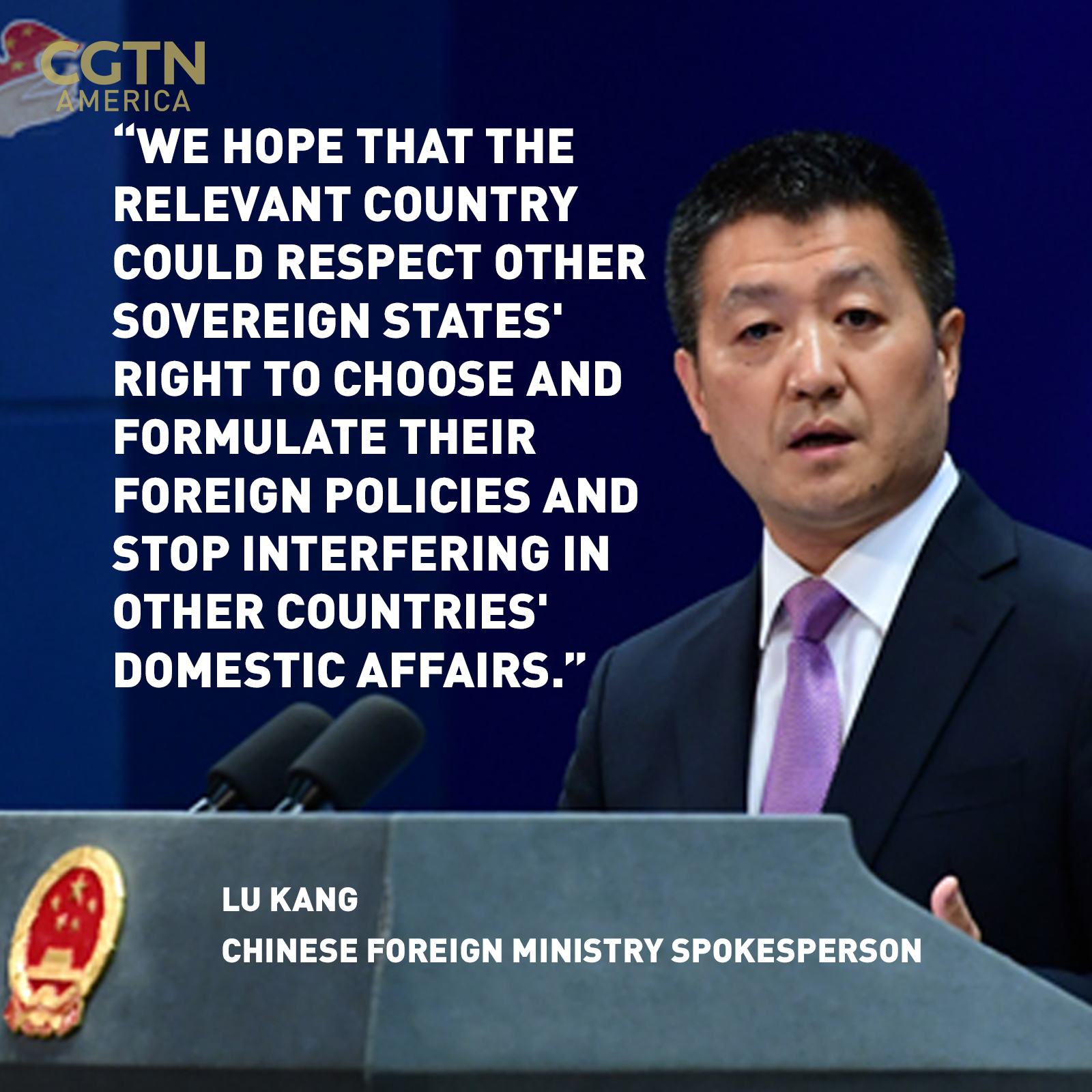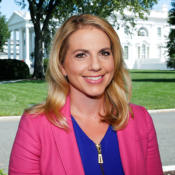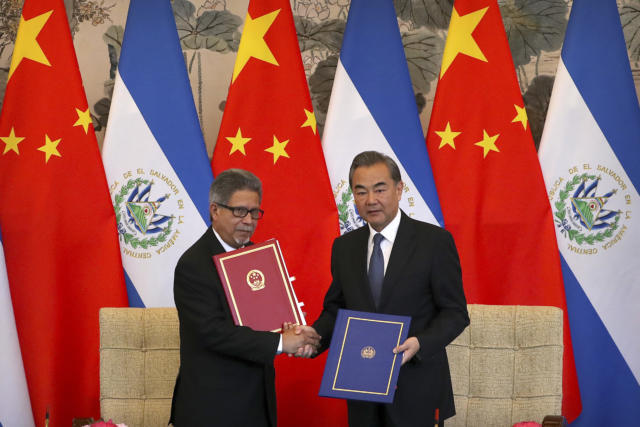Beijing is warning Washington not to obstruct its efforts to establish diplomatic relations with countries in the Western Hemisphere.
The message comes after the government of El Salvador decided to sever diplomatic relations with Taipei—and establish formal ties with Beijing. Washington’s concerns are nothing new. The United States has considered the Western Hemisphere its sphere of influence for nearly 200 years. Now there’s concern at the White House about Beijing’s growing influence in South and Central America.
The Trump administration has expressed concerns about Beijing financing projects in the Western Hemisphere. Efforts are underway to reform Washington’s lending organizations like OPIC – the Overseas Private Investment Corporation – to provide alternative source of financing for countries in the Western Hemisphere.
Nonetheless, the White House released this statement Thursday evening which reads in part: “The El Salvadoran government’s receptiveness to China’s apparent interference in the domestic politics of a Western Hemisphere country is of grave concern to the United States, and will result in a reevaluation of our relationship with El Salvador. The United States will continue to oppose China’s destabilization of the cross-Strait relationship and political interference in the Western Hemisphere.”
The irony is – Washington has had diplomatic ties to Beijing since 1979.
Earlier this week, El Salvador became the 26th country in Latin America to recognize the existence of one China and that Taiwan is part of China. Last year, Panama and Dominican Republic made the switch.
Beijing has responded forcefully—emphasizing the apparent hypocrisy of Washington’s position.
“We urge the U.S. to correctly view the establishment of diplomatic ties between China and El Salvador. As you can all see, before August 21, China had diplomatic relations with 25 countries in the Americas, including the United States. And far from negatively affecting the region, it has positively pushed forward economic development and security. So how does El Salvador becoming the 26th negatively affect security and development,” said Ministry of Foreign Affairs Lu Kang at the daily briefing.

 CGTN America
CGTN America
 El Salvador’s Foreign Minister Carlos Castaneda, left, and China’s Foreign Minister Wang Yi shake hands at a signing ceremony to mark the establishment of diplomatic relations between the two countries at the Diaoyutai State Guesthouse in Beijing Tuesday, Aug. 21, 2018. (AP Photo/Mark Schiefelbein)
El Salvador’s Foreign Minister Carlos Castaneda, left, and China’s Foreign Minister Wang Yi shake hands at a signing ceremony to mark the establishment of diplomatic relations between the two countries at the Diaoyutai State Guesthouse in Beijing Tuesday, Aug. 21, 2018. (AP Photo/Mark Schiefelbein)
